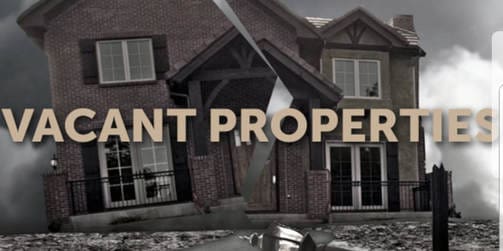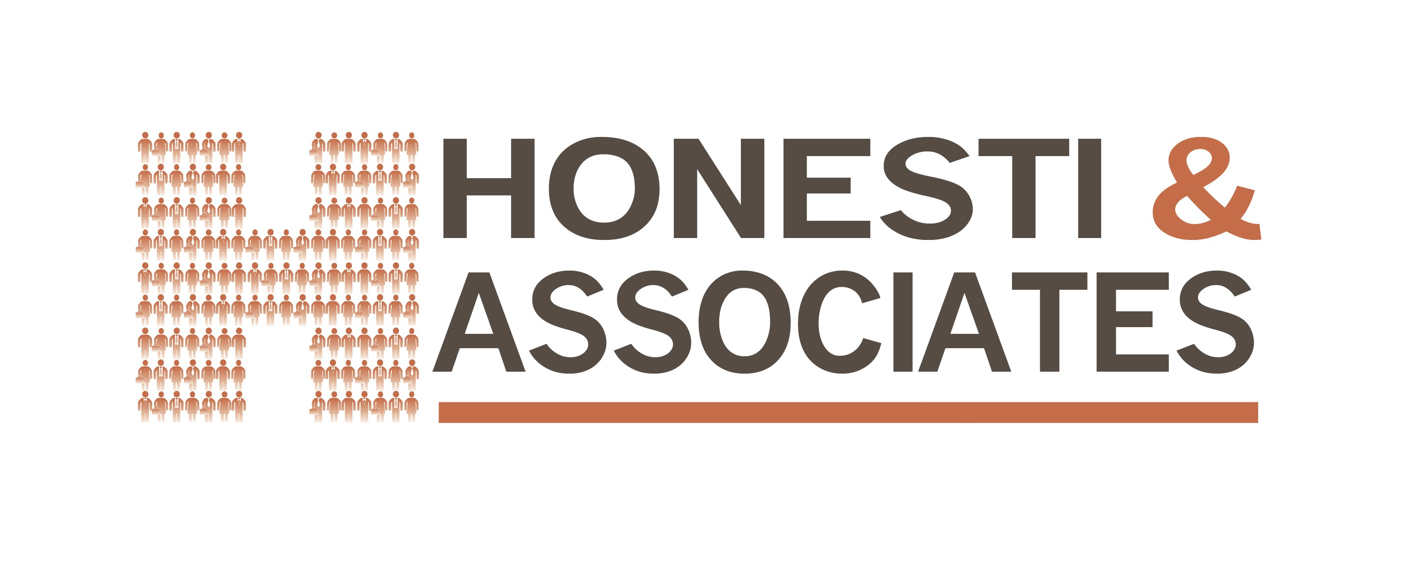Vacant Home Insurance to fit your budget and needs
Vacant Home Insurance in Douglasville

If you leave home for several weeks, you could potentially void your homeowner’s insurance coverage. This is because vacant or unoccupied houses are at greater risk for vandalism, theft, weather-related perils and fire, but your policy premium is based on a lower-risk scenario where your property is occupied. Contact your insurer before leaving town for a lengthy period to make sure you have the unoccupied home insurance coverage you need.
Address anticipated scenarios with your insurance agent before your home is empty. You don't want to find out, after-the-fact, that a claim won't be paid or that your insurer won't renew your policy.
Important definitions: unoccupied home versus vacant home
Insurance companies draw distinctions between homes that are unoccupied and those that are vacant.
- Unoccupied home. The property has been left as if the owners will return at any time.
- Vacant home. The property is entirely empty, without any personal property inside.
Defining a vacant vs. unoccupied home
Unoccupied home
- If the home is immediately suitable for occupation, it's considered unoccupied.
- The owner's personal property remains inside, the utilities are on and appliances are functioning.
- If a home renovation is limited enough that the furniture and other personal property can be left behind, the home is unoccupied.
- If you're on vacation or in the hospital, your property is also unoccupied.
Vacant home
- If a home is vacant, the owners have removed their personal property.
- The utilities may be shut off. This is more common when the property is on the market or being rented.
Vacant homes pose significantly higher risk to insurers, and the price and coverage of vacant home insurance reflects this.
Home insurance companies have various rules about how long a house can be unoccupied before the insurance is canceled or an endorsement is required. That's because whenever a residence is empty, the property is at a higher risk for damage. For example, if the plumbing backs up or the roof springs a leak, extensive damage can occur because no one is on the premises to shut off the water or call an emergency repair service.
Be honest about your empty home
Don't try to pretend that your empty home is occupied. Never lie to your insurance company when you are buying homeowners insurance; it could provide grounds for denying a claim and may result in the cancellation of your policy. It's not difficult for an insurer to tell if the damage you're claiming happened because no one was there--how else would vandals have been able to shack up in your living room, or a small water leak turn your basement into a swimming pool?
